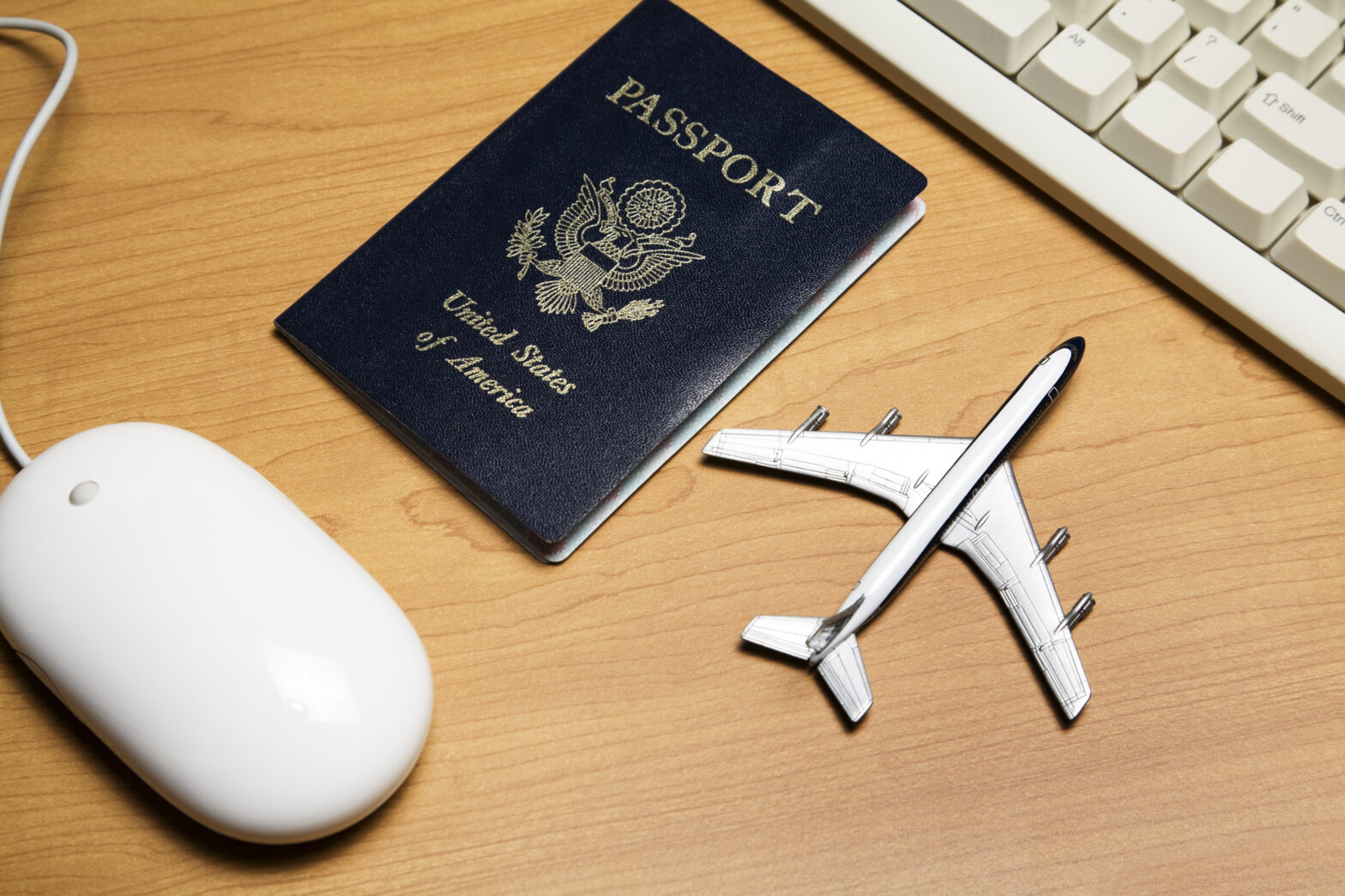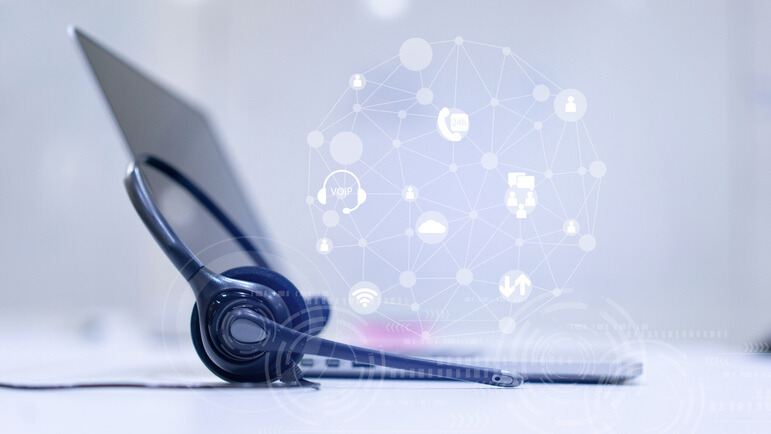When you travel for business, you’re likely to have a lot on your mind. Between preparing for your meeting or sales pitch and making your flight on time and finding your hotel, it’s easy to overlook your cyber security. However, this comes at a big cost. In fact, three in ten senior business managers say they have been the victim of cybercrime while abroad, according to a survey by Kaspersky Lab.
To ensure you don’t suffer the same fate on your next business trip, follow the simple steps I’ve outlined below. These will help protect you from all but the most determined of cybercriminals during your travels.
Beware of public Wi-Fi
Did you know that every time you join a public Wi-Fi network you’re putting your device at risk? Whenever you connect to a café or airport lounge’s Wi-Fi, your data becomes vulnerable to anyone else on the network. If an opportunistic criminal is nearby, it’s relatively easy for them to steal your data or infect your device with malware.
Of course, when you’re travelling for business, you often need access to Wi-Fi on the move to get your work done and report back to the office. You can instead use your smartphone’s 3G or 4G connection by setting up a personal hotspot — here are the instructions for iPhone and Android. This will provide a safe and secure connection, as long as your phone and laptop are both updated with the latest security software.
Make sure your firewall is activated (and install antivirus software)
A firewall is a barrier between your computer and the internet that stops unauthorised access to your network. It blocks any information from unknown or suspicious sources from getting to your device, and acts as a crucial first line of device against malware and hackers.
While laptops running on Windows XP SP2 and higher have a built-in firewall that runs in the background by default, you need to proactively go into a MacBook’s ‘Security & Privacy’ settings to activate its firewall. Even if you’ve already done this, you should always go into your device’s settings to double-check your firewall is active before you travel. This only takes two seconds, but could save you from being infected with malware.
It goes without saying, but you should also install a premium antivirus software onto any laptop you’re planning to travel with. An antivirus program is well worth the cost if it blocks just one cyber-attack, so don’t skimp when it comes to antivirus software and get your device protected before you set off.
Keep your software up to date
Software developers often release updates to fix security flaws in their programs. If you don’t update your laptop’s operating system, antivirus software, and browser as soon as you’re prompted, you’re leaving your device vulnerable to the latest malware.
It’s worth noting that you should never travel with a laptop that runs on Windows XP, as Microsoft stopped support for this OS in 2014, meaning it’s incredibly vulnerable to malware.
Be aware of the tell-tale signs of an infected laptop
Unfortunately, even if you follow all the above steps, it’s impossible to guarantee your digital security. Hackers develop increasingly sophisticated malware every day, and even a machine running the latest antivirus software can be compromised.
It’s therefore important to get clued up on the signs that indicate your laptop has been infected with malware.
Here’s what you should look out for
Your computer suddenly starts running significantly slower, particularly when you’re using the internet.
Your computer begins freezing or crashing for seemingly no reason.
Programs start up, close down, or reconfiguring by themselves (alarm bells should definitely start ringing if this is happening with an antivirus program).
Files are modifying or deleting themselves.
Someone tells you they’ve received a suspicious email from your account that you know you didn’t send.
Your computer is using much more CPU than usual.
If your laptop is showing any of these signs, run a full system scan with your antivirus software as soon as you can. If it spots anything, have your computer checked by a professional immediately, as your company’s data may have been compromised.
So, there you have it: four simple steps that will significantly improve your cyber security. If you stay away from public Wi-Fi, make sure your firewall is activated, keep your software up to date and understand the signs of an infected laptop, you’ll be much better protected against cybercriminals.
David Brock, managing director at tech insurance and support provider LetUsFixIT.




